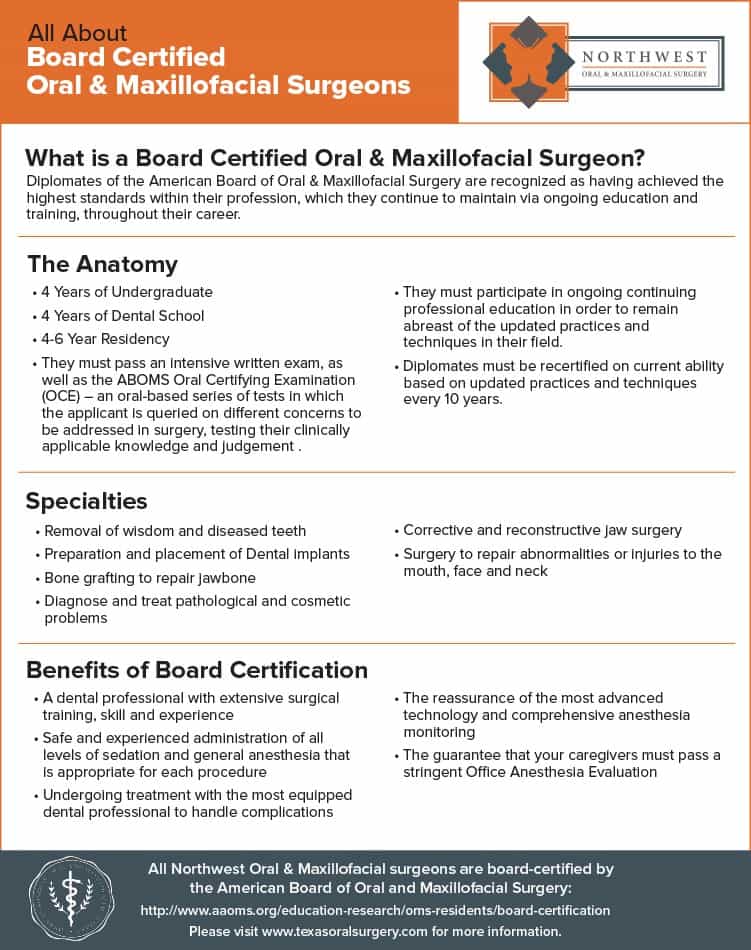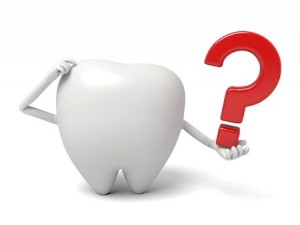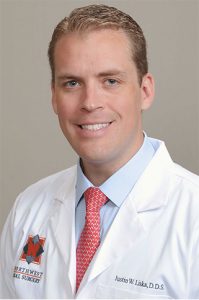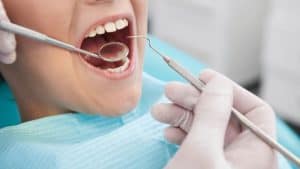“When is it a good time to have your wisdom teeth extracted?” Ask any teenager and the answer will surely be, “NEVER!” The truth of the matter is that wisdom teeth will need to come out eventually. Wisdom teeth, also known as third molars, can cause crowding, inflammation of gums, damage to other teeth and pain. Scheduling wisdom teeth surgery at your convenience is a far better option than waiting for an emergency.
When’s a good time to schedule oral surgery?
At Northwest Oral & Maxillofacial Surgery, we have six convenient offices that are equipped for the safest surgical procedures and administration of IV anesthesia. Our eight board-certified oral surgeons are experienced and highly qualified to manage wisdom teeth extractions. Each surgeon suggests scheduling this procedure during school holidays which occur during Thanksgiving and Christmas, as well as during Spring and Summer Break.
How long does recovery take?
While full recovery usually takes between five and seven days, your teen will likely feel under the weather for only two or three days. And, some young patients bounce back quickly after surgery, never require pain medication and are ready to socialize the day after a procedure. Nonetheless, if surgery occurs during a break, school attendance and participation in most extracurricular activities is not disrupted.
Get more info!
For more information about wisdom teeth surgery at Northwest Oral & Maxillofacial Surgery, visit https://www.texasoralsurgery.com/procedures/wisdom-teeth-surgery/ , and https://www.texasoralsurgery.com/preparing-for-wisdom-tooth-surgery/. We are looking forward to seeing your teen soon.





